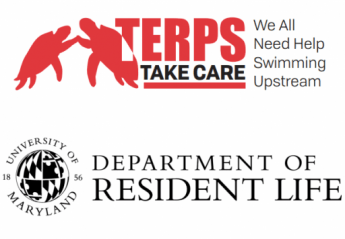Midterms and final exams can be some of the most difficult and anxiety-producing things you experience as a student – and sometimes we make it worse by turning to unhealthy habits to cope or comfort. All-nighters turn into exhaustion and difficulty focusing; cramming our time with studying can lead to forgetting material. Here are some tips for managing your stress during this time.
- Coordinate times with friends and classmates to study together and hold each other accountable.
- Build a regular schedule for yourself, and try to get to bed and wake up at the same time every day. Schedule out your whole week, hour-by-hour, and you’ll be surprised how much time you can find. Naps are likely to interfere with a full night of sleep, so try to avoid them or keep them under a half-hour!
- Make sure to make time for enjoyable and rewarding things! Don’t pull all-nighters or spend all day studying – you’ll cause more problems for yourself by not taking breaks.
- Set alarms! Not just to wake up, but also to remind you when to eat, when to sleep, when to start studying, when to take a break, and when to resume. Not quite ready to move on when the alarm goes off? Hit snooze, but don’t turn off the alarm until you’ve transitioned to your next task.
- Not sure how to take care of yourself or what to do on a break? Here are some ideas!
socialize with friends or family ● snack on something healthy ● color, meditate, or craft ● get outside – go for a walk and get away from your study space! ● take a long shower ● work out – even if it’s just along with a short yoga video on youtube. ● watch a short feel-good TV show or video (just don’t get sucked into the vacuum of hours of Netflix!) ● take some deep breaths and make sure you’re staying hydrated. ●
There are lots of apps, both free and low-cost, that can help you with scheduling or tracking your hydration and habits. Don’t be afraid to set alarms for yourself to remind yourself to eat, to take breaks, or to go to bed. There are also hard-copy tools that you can get by reaching out to your Residential Case Manager, and other resources at your fingertips. You’ve got this!
